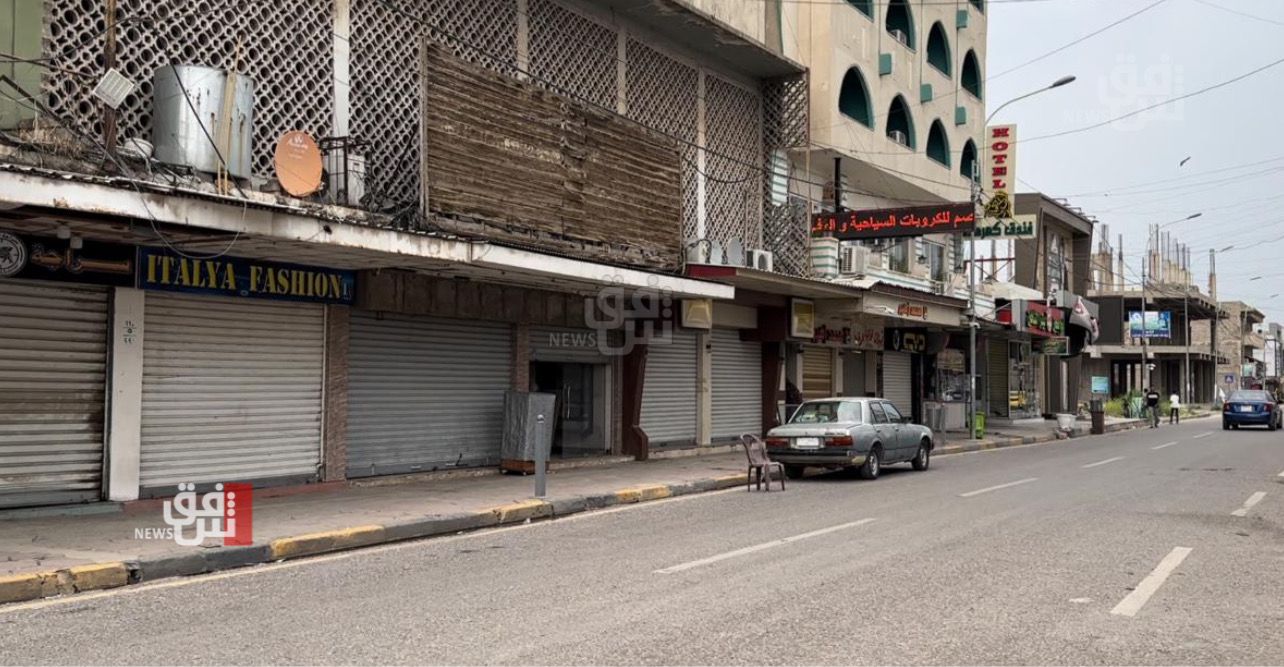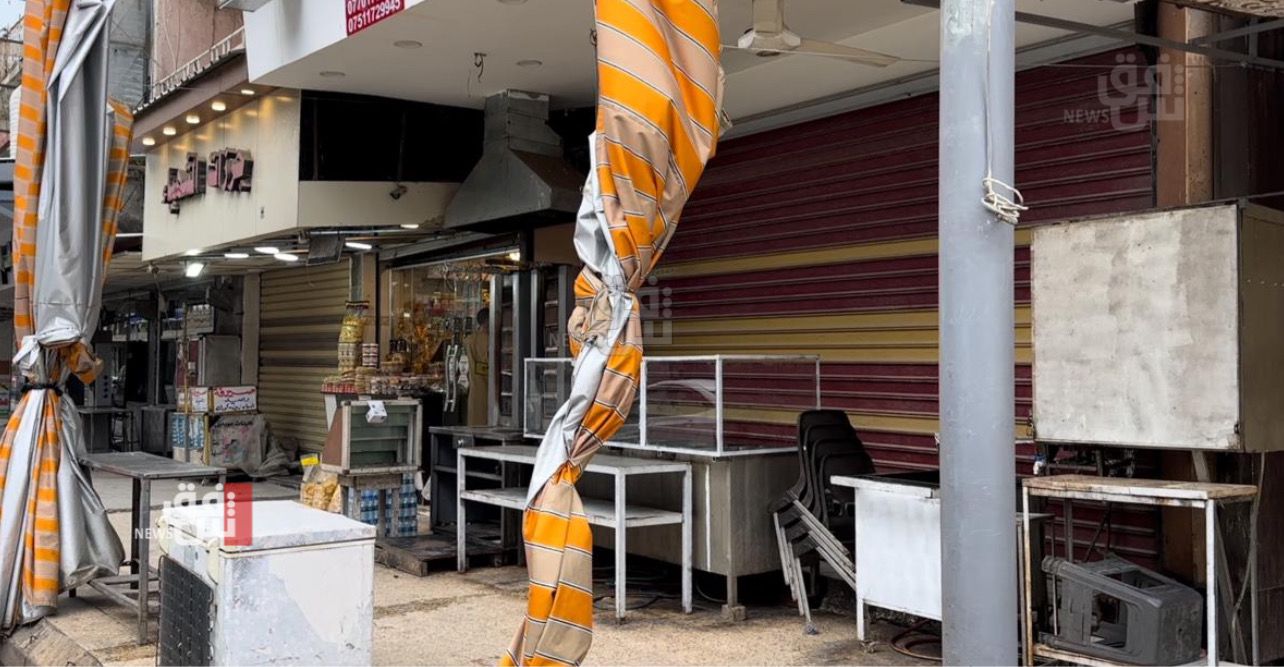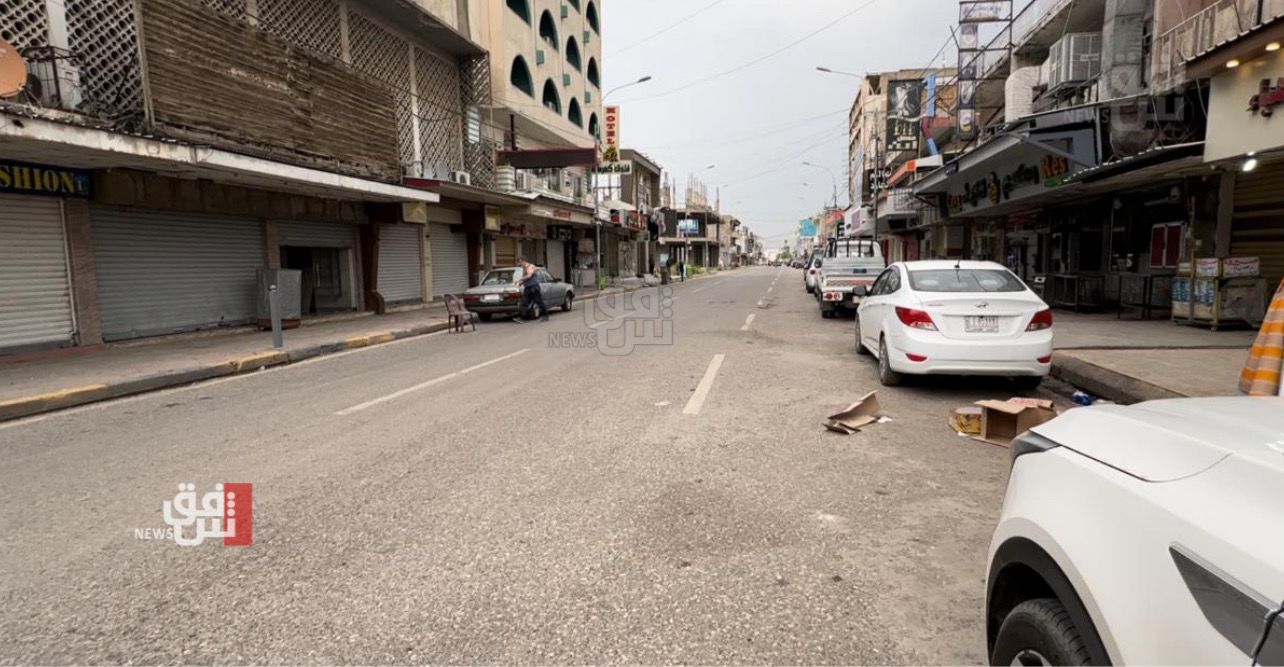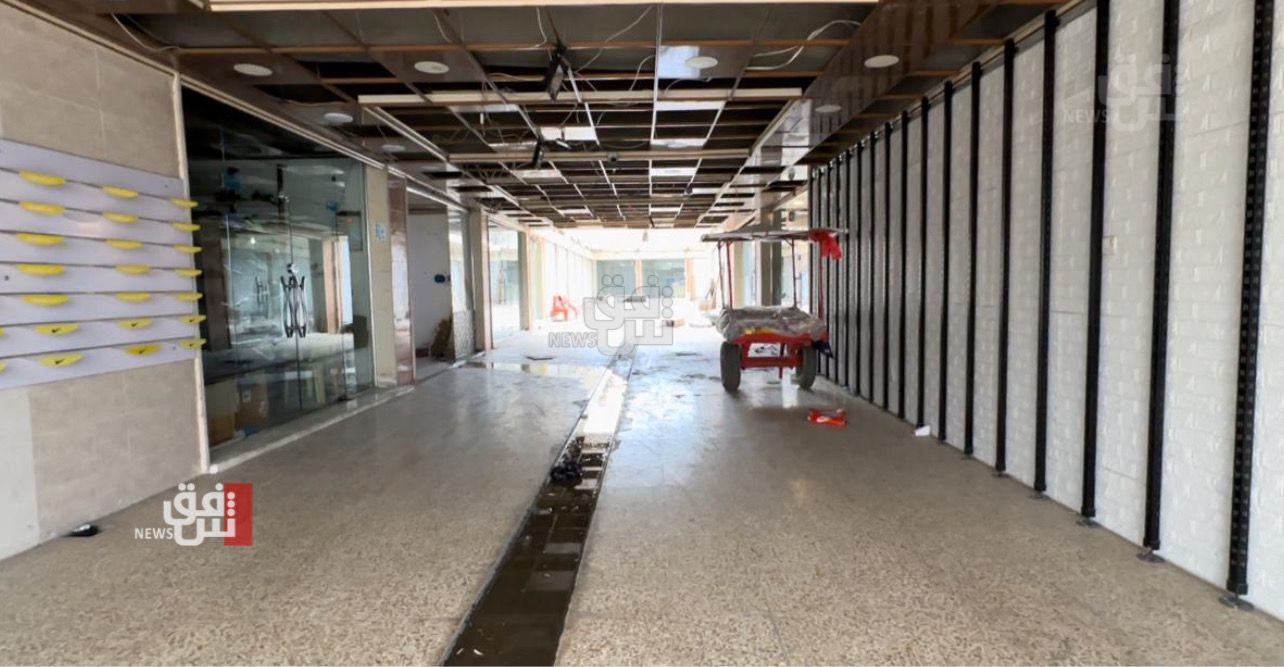Mosul's cinematic legacy: nostalgia amid ruins
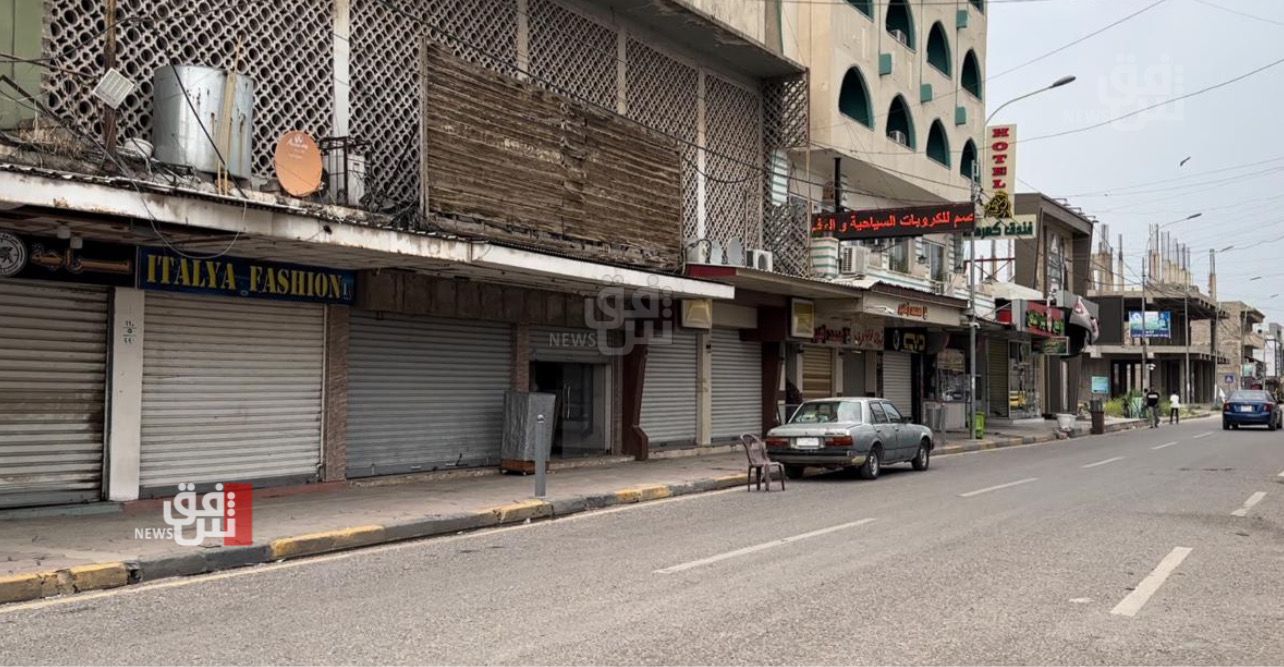
Shafaq News/ Mosul, once a vibrant center of cinematic culture in Iraq, now suffers with the echoes of its cinematic past amid the remnants of its former glory.
Against the backdrop of a largely deserted street, Abu Mohammed, a sixty-year-old resident, walks with heavy steps along Aleppo Street in Mosul. His gaze is fixed on the remnants of the iconic Red Cinema, a poignant reminder of the city's cinematic heritage.
Despite the absence of passersby, Abu Mohammed's thoughts are consumed by the memories of watching Indian films like "Promise," starring Amitabh Bachchan, at this very cinema in the early 1980s.
"As young people, we used to begin our Eid mornings here, at the Victory Cinema, to enjoy Eid films. Sadly, nothing is left of the cinemas in Mosul except for remnants, some of which have been transformed into shops." He told Shafaq News Agency.
The decline of Mosul's cinemas has been profound. Once boasting around 11 cinema theaters, the city's cinematic landscape has undergone a dramatic transformation. Former cinema sites now stand as commercial establishments, restaurants, or abandoned structures, reflecting the harsh realities of Mosul's post-conflict environment.
Efforts to revive the cinematic scene post-2003 have been met with many challenges and have ultimately fallen short of restoring the vibrancy of the past.
Despite initiatives like a Facebook page dedicated to preserving memories of old cinemas, the cultural loss is deeply felt among Mosul's residents.
Saad Naqiq, 53, a Mosul resident, shares his poignant reflections on the nostalgic charm of old cinema sites.
"This harsh reality leaves a bitter taste in the mouths of many, especially for those who reminisce about the days when cinema played a vibrant role in the city's cultural life."
He recalls the bustling energy of Eid days when cinemas were abuzz with moviegoers, creating a sense of community and shared cultural experiences.
"If you seek to devastate humanity, obliterate the stones ahead, and thus they shattered our cherished memories."
Psychology professor Ahmed Moeed sheds light on the psychological significance of nostalgia.
"Nostalgia for the past is a natural part of being human. It's an emotional response that individuals experiencing loss, loneliness, or a sense of estrangement may feel."
Muayyad adds, "Older individuals may naturally feel nostalgic due to life changes, such as retirement or losing loved ones. They may remember places and times that brought them comfort and security, like watching movies in the cinema. This can sometimes be helpful, aiding people in dealing with changes and challenges in their current lives."
"Nostalgia shouldn't cause pain; instead, it should serve as a way to recall and appreciate beautiful memories." He concludes.
While the remnants of Mosul's cinematic past evoke a sense of longing, residents' collective aspirations are to revitalize the city's cultural scene.
